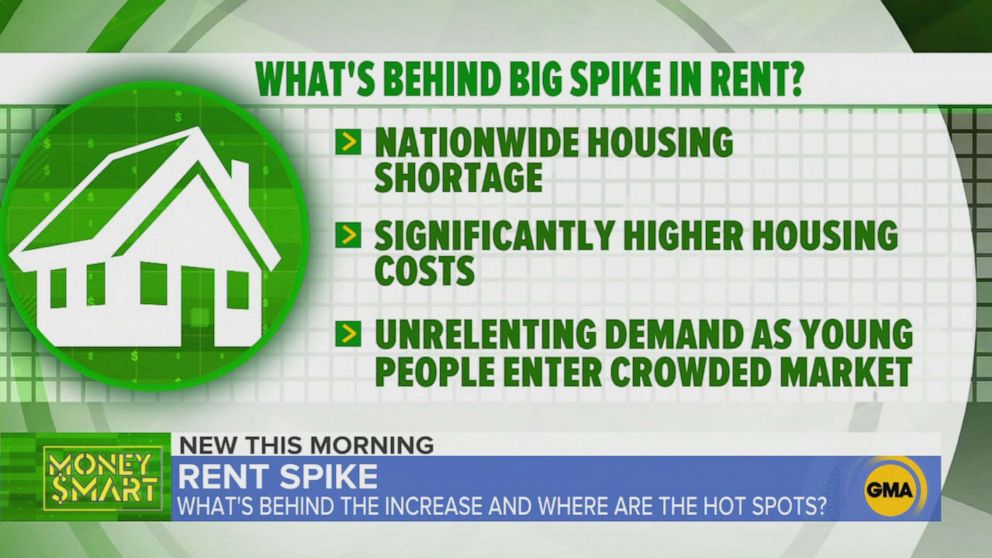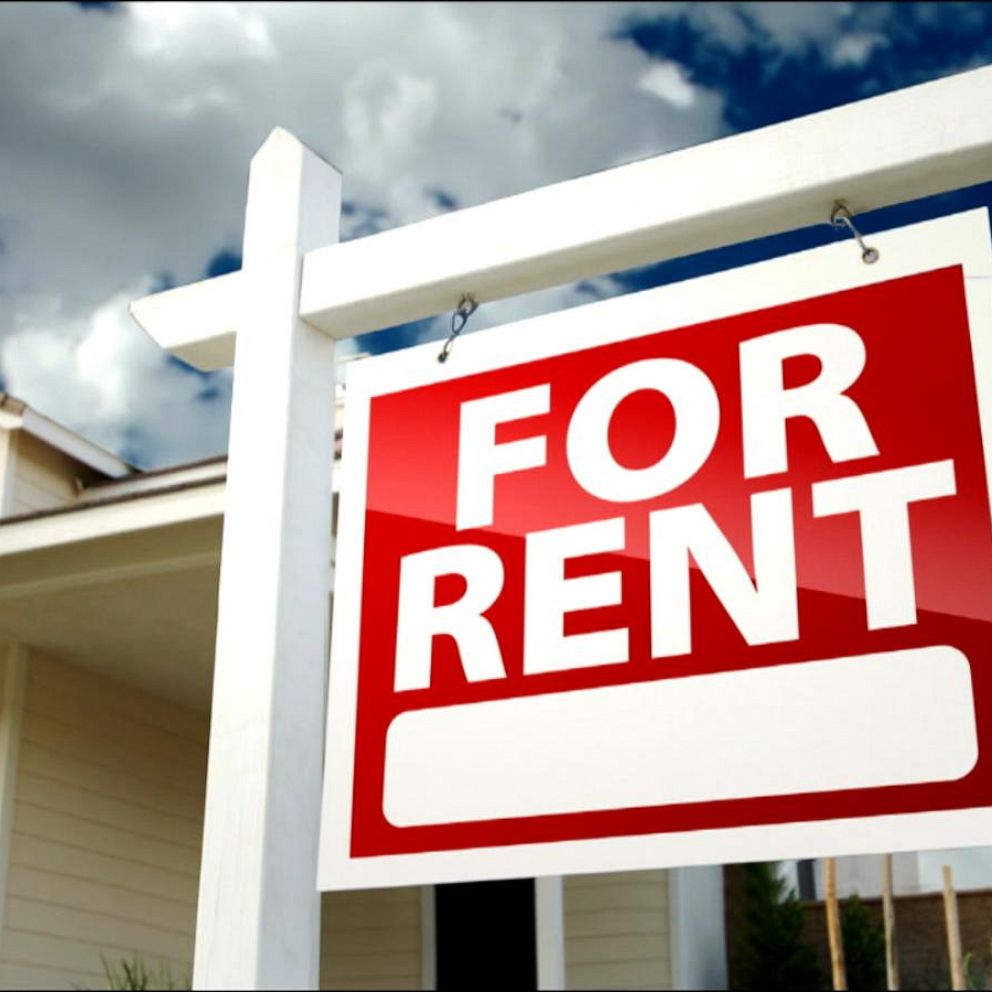How to negotiate lower rent amid skyrocketing inflation and rising costs
It’s not just renting residents in big cities feeling the financial crunch.
With rising costs and inflation impacting everything from food to gas, it's no surprise that home prices for buyers and renters are also up.
Housing prices have soared, especially for renters. According to an analysis from Realtor.com, median rents spiked upward by approximately 20% year-over-year in January, and it's not just large cities that are being affected.
Mid-size cities like Tampa, Florida, and Chandler, Arizona, southeast of Phoenix, are growing rapidly and residents are seeing rents shoot up as well. The two fastest-growing rental markets are currently in Miami and New Orleans.
Why is rent so high?
There are several factors that have contributed to higher rents, including a nationwide housing shortage, significantly higher housing costs and more young people entering an already crowded housing market.

How much should you spend on rent?
The 30% rule is a common one, where 30% of your gross income or your money after taxes is spent on housing. It's a rule "Shark Tank" star Kevin O'Leary recommends.
"The rule's very simple, do not spend more than a third of your income, after-tax income, on where you're renting or the mortgage you're paying," O'Leary previously told "GMA."
If you can swing it, the 30% rule is a great guideline but for many in big cities, this might not be feasible or realistic.
A better method may be a 50/30/20 budget, where 50% is spent on needs, 30% on wants, and 20% on debt and savings. Rent would fall under the 50% category.
Consider both budgeting rules to determine what you can afford — and you should definitely figure it all out before you jump into a new lease or renew your current one.
What can you do to lower your rent?
Remember that rent is negotiable.
Do your homework and compare similar listings. Take note of listings that cost the same and find out what they have and don't have.
Compare yourself to a vacancy. Landlords need to spend money to advertise open apartments and it may help them save time and money if you decide to move in or stay.
Sell yourself and highlight the pros of renting to you. Do you always pay your rent on time? Do you keep a clean and tidy apartment? Do you have skills you can barter for a lower price? A property manager or owner may reconsider if you're a more desirable renter than others.
Ask for a discount for signing a longer-term lease if you plan on staying in one location for a longer period of time.
Inquire about concessions like an earlier move-in date or a free month.
ABC News' Alexandria Goodson contributed to this report.








